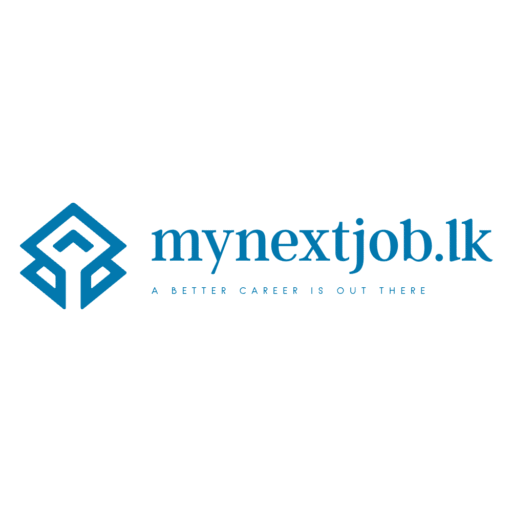The **future of work Sri Lanka** is defined by two key concepts: the rise of the **Hybrid Model** and the urgent need for professionals to overcome local infrastructure hurdles. Fueled by the IT/BPM sector and driven by necessity during the economic crisis, the adoption of remote work is permanent, with flexibility now acting as a core expectation for top talent.
This guide provides the expert insights on where the job opportunities are in this new distributed workforce and, more importantly, how to secure productivity by tackling Sri Lanka’s unique WFH challenges.
1. The Reality: Hybrid is the New Normal
Current trends show that most organizations—especially large MNCs—are settling on a hybrid model (2–3 days in the office, the rest remote), not fully remote. This is driven by two main factors:
- Talent Retention: Employees value flexibility. Companies that enforce a full return to office risk losing top talent to competitors who offer hybrid options.
- Real Estate Shift: Companies are downsizing their central Colombo office space to save costs, which drives demand for smaller, higher-quality collaborative “hub” spaces. This is a long-term economic shift.
Roles Most Likely to Stay Remote (Post-2025)
Roles focused on measurable, independent digital output are the most secure in the remote environment:
- Software Engineers / Developers: Especially those working on international contracts.
- Data Analysts / Business Analysts: Roles focused on data interpretation, reporting, and financial modeling.
- Digital Marketing / SEO Specialists: Roles where output is tracked via metrics (leads, traffic, revenue) rather than physical presence.
- Cybersecurity Analysts: Due to the high-demand, specialized nature of the skill and the need for global collaboration.
2. Overcoming Sri Lanka’s WFH Infrastructure Challenges
Local professionals face specific challenges—like power outages and unstable internet—that global counterparts may not. Addressing these proves your resilience and professionalism.
- Challenge: Internet and Power Volatility. The risk of service disruption is high.
- The Fix: Invest in dual connectivity (e.g., a primary fiber connection plus a 4G/5G backup dongle). For power management, ensure you have a fully charged laptop and a charged UPS/Inverter for essential networking gear (router, modem) to cover short, unexpected outages.
- Challenge: Lack of Boundaries. The traditional corporate culture expects responsiveness outside of hours.
- The Fix: Set clear, professional digital boundaries. Use your collaboration tools (Slack/Teams) to set your status as “Offline” outside of working hours. Do not answer non-urgent work calls or emails after your designated sign-off time.
- Challenge: Isolation and Well-being. Long-term WFH can lead to social isolation and burnout.
- The Fix: Maintain a designated, clutter-free **”home office”** space. Use this space only for work. Log off at your end time and physically leave the room to transition into personal life, helping to preserve your mental well-being.
3. Strategic WFH Skills for Career Growth
WFH requires a different set of soft skills—those who master them are first in line for promotion.
- Asynchronous Communication: The ability to write clear, concise emails and documents that transmit all necessary information without the need for an immediate response or follow-up call.
- Extreme Self-Management: Showing discipline in completing tasks on time, managing priorities, and maintaining high productivity without managerial oversight.
- Effective Zoom/Teams Presence: Mastering virtual meeting etiquette: always be punctual, ensure proper lighting, and actively contribute to discussions.
The future of work Sri Lanka will reward the professional who is not only skilled but also resilient enough to succeed in a flexible, distributed environment. Your ability to self-manage and maintain professional boundaries is now an essential part of your job description.





